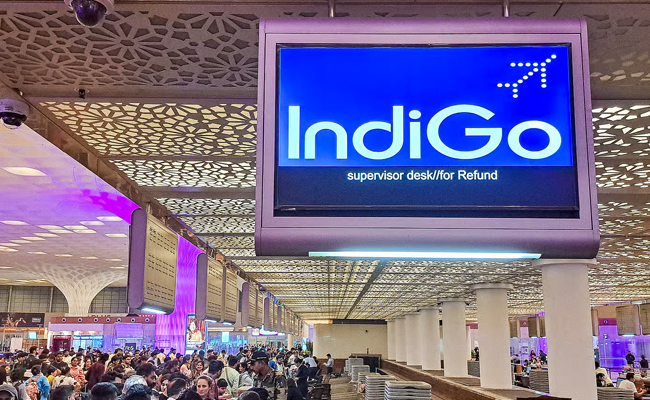Chennai: In a significant reshuffle within the Tamil Nadu police force, IPS officer A Arun has been appointed as the new Chennai Commissioner of Police. He replaces Director General of Police (DGP) Sandeep Rai Rathore, who has been reassigned as DGP, Training. Additional DGP Davidson Devasirvatham has been transferred to the post of ADGP, Law and Order.
This move comes in the wake of the brutal murder of Tamil Nadu Bahujan Samaj Party (BSP) chief K Armstrong by a gang in Chennai’s Perambur.
A government order issued on July 8 announced that A Arun, previously the ADGP of Law and Order, will now serve as the Chennai Commissioner. Arun, a 1998 batch IPS officer, has held various key positions in law enforcement, including Superintendent of Police in Karur, Kanniyakumari, and Tiruppur, and as the Commissioner of Avadi City Police and Trichy.
Sandeep Rai Rathore, a 1992 batch IPS officer, was appointed as the Chennai Commissioner of Police in June 2023. His career includes roles such as Deputy Commissioner of Police in Coimbatore City during the 1998 serial bomb blasts, Deputy Commissioner of Traffic (North Chennai), and the first Commissioner of Police of Avadi Commissionerate. He will now also hold the additional charge as ADGP/Director of the Tamil Nadu Police Academy.
The reshuffle follows the murder of Tamil Nadu BSP chief K Armstrong, who was attacked by bike-borne assailants around 7:30 PM on July 5 in front of his house in Perambur. This incident has heightened the focus on law and order in the state, prompting these recent high-level changes in the police department.
Let the Truth be known. If you read VB and like VB, please be a VB Supporter and Help us deliver the Truth to one and all.
Bengaluru (PTI): The Karnataka government has issued directions to municipal corporations across the state to regulate and prohibit feeding pigeons in public places, citing serious public health concerns.
Deputy Secretary to Government V Lakshmikanth has written to the Urban Development Department requesting it to issue directions to the Greater Bengaluru Authority (GBA) and all municipal corporations to take immediate steps to implement the measures.
In an official note dated December 16 issued by the Health and Family Welfare Department and released to the media on Wednesday, the department said uncontrolled feeding of pigeons in public places has resulted in large congregations of birds, excessive droppings and serious health concerns, particularly respiratory illnesses linked to prolonged exposure to pigeon droppings and feathers such as hypersensitivity pneumonitis and other lung diseases.
ALSO READ: Chinese GPS tracker found on seagull near Karwar Coast
"The commissioner, the Greater Bengaluru Authority and the Commissioners and chief officers of other municipal corporations shall take necessary action to mitigate the causes of dangerous disease spread by pigeon and enforce specified guidelines in their respective jurisdiction," the note said.
According to the department, these include a prohibition on feeding pigeons or causing pigeons to be fed in areas where it may cause nuisance or pose a health hazard to the public. Pigeon feeding shall be permitted only in designated areas in a controlled manner, subject to certain conditions.
"The designated areas may be selected in consultation with stakeholders. The responsibility for upkeep of the designated areas and compliance to the directions shall be taken up by some charitable organisation or an NGO. The feeding in designated areas shall be permitted only for some limited hours in the day," it said.
The note further stated that authorised officers of local authorities shall issue on-the-spot warnings and may impose fines for violation of the order, or lodge complaints to prosecute offenders under Sections 271 (Negligent act likely to spread infection of disease dangerous to life) and 272 (Malignant act likely to spread infection of disease dangerous to life) of the Bharatiya Nyaya Sanhita.
It also directed local authorities to conduct public awareness campaigns, including the display of signboards, banners and digital messages, explaining the health hazards associated with pigeon droppings and feathers, the content of the regulatory directions and penalties for violations, and alternative humane methods of bird conservation that do not endanger public health.





